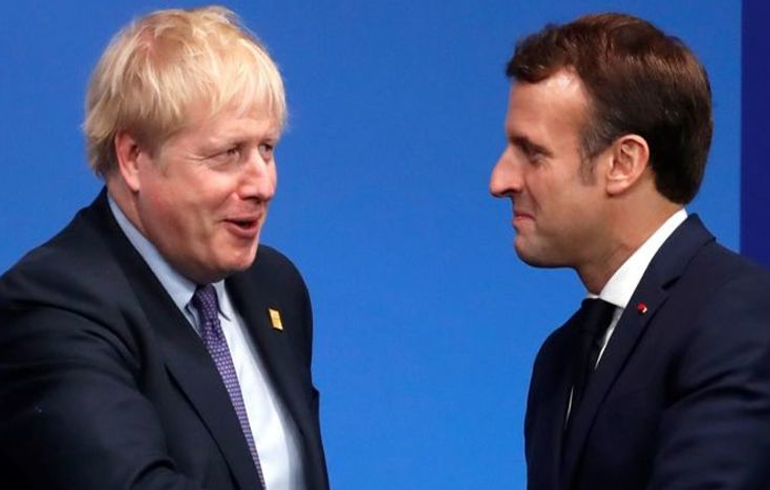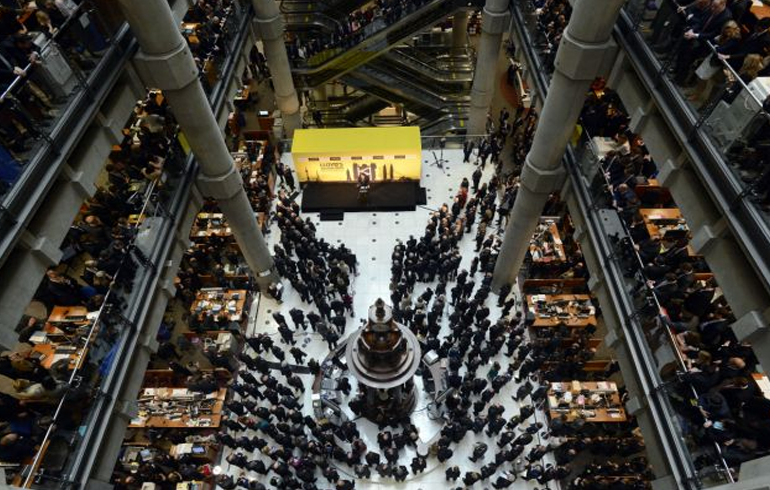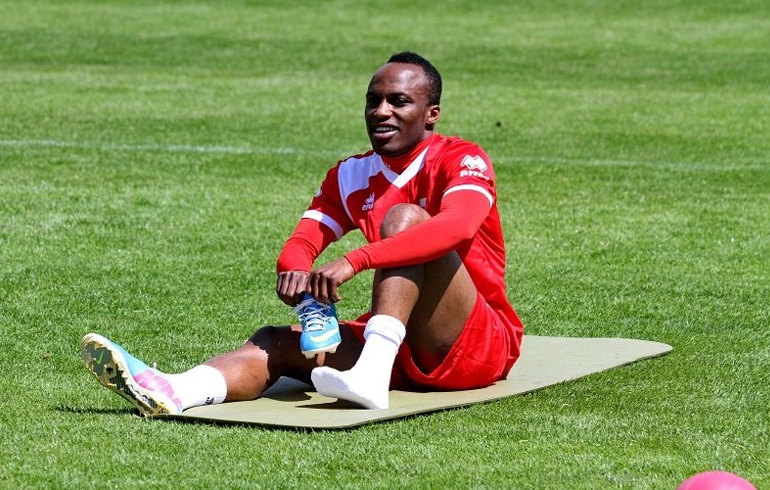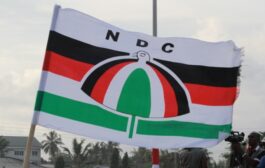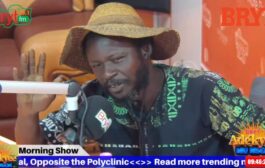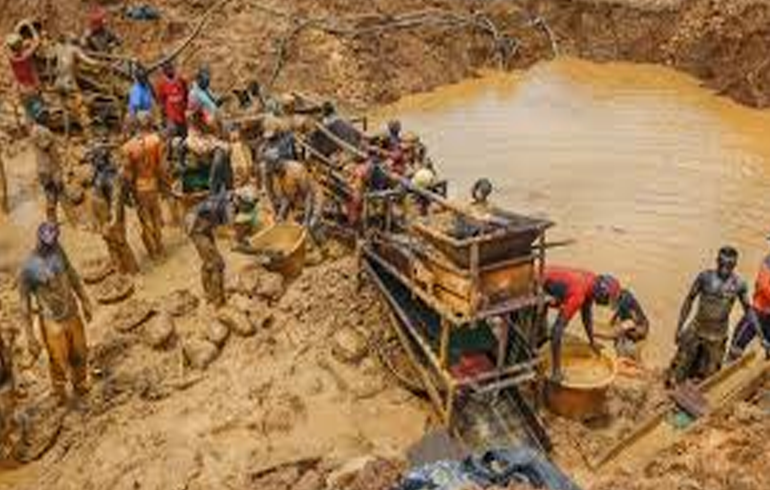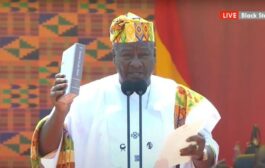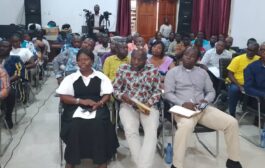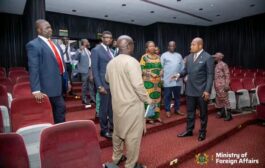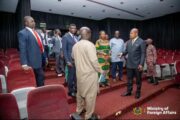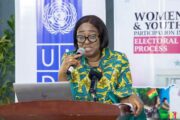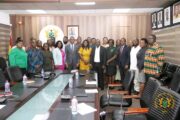Four French Resistance fighters will be awarded honorary MBEs for their role in World War Two as Boris Johnson welcomes Emmanuel Macron to Downing Street.
The French president is visiting London on Thursday to commemorate the 80th anniversary of wartime leader Charles de Gaulle’s BBC broadcast to occupied France after the 1940 Nazi invasion.
The Prince of Wales and Duchess of Cornwall will also meet Mr Macron.
Mr Johnson paid tribute to the “courage and sacrifice” of the fighters.
The four men – Edgard Tupet-Thome, 100, Daniel Bouyjou-Cordier, 99, Hubert Germain, 99, and Pierre Simonet, 98 – are surviving members of the Order of Liberation, an honour given by France to those who played an outstanding role in setting France free.
Their MBEs will be presented at a ceremony in France in the coming months.
Mr Macron’s visit comes after it was announced that Dame Vera Lynn, the singer dubbed the “forces’ sweetheart” for her morale-boosting performances during World War Two, has died aged 103.
During their Downing Street meeting, Mr Johnson and Mr Macron will discuss easing of the 14-day coronavirus quarantine measures in place for visitors to – and UK citizens returning to – the UK.
Foreign Secretary Dominic Raab told Sky News the government wanted to “open up” the UK when it could do so “safely and responsibly”.
Mr Macron was exempt from the quarantine requirements, as a “representative of a foreign country on business”.
Mr Johnson and Mr Macron will view artefacts and letters from General de Gaulle’s time in London and from his partnership with the UK’s wartime prime minister, Sir Winston Churchill.
After the fall of France, General de Gaulle made a speech from London 18 June 1940. Known as the “Appel”, or appeal, it rallied the country in support of the Resistance.
A key date in UK-French history
By Gavin Stamp, BBC News
It was 80 years ago that General Charles de Gaulle broadcast a historic message from London to his fellow countrymen imploring them not to give up the fight against Hitler.
France was on its knees at the time, German troops having entered Paris four days earlier, and on the verge of agreeing an armistice confirming its formal military surrender.
In the message, broadcast in French, De Gaulle said in French “whatever happens the flame of the French resistance must not be extinguished and will not be extinguished”.
Transmitted on the BBC’s French Service, the broadcast was not recorded and relatively few people in France heard it.
But a similar broadcast four days later on the same network reached a wider audience and went a long way to establishing de Gaulle as his country’s leader in-exile.
The 18th June 1940 remains one of the most important dates in UK-French history and still has enormous resonance on both sides of the channel.
The anniversary will be marked with a flypast of the Red Arrows and their French counterparts, La Patrouille de France.
Mr Johnson said General de Gaulle had arrived in the UK 80 years ago knowing that Britain and France’s shared values of “freedom, tolerance and democracy” were under threat and pledging to defend them.
The Resistance fighters being honoured “symbolise the enduring depth and strength of friendship” between the countries, he said.
Mr Johnson called them “heroes” and paid tribute to their “courage and sacrifice in defending us and the whole world from fascism”.
“The struggles we face today are different to those we confronted together 80 years ago. But I have no doubt that – working side by side – the UK and France will continue to rise to every new challenge and seize every opportunity that lies ahead,” he said.
At Clarence House, home to the Duke and Duchess of Cornwall, Mr Macron will be welcomed by a ceremonial guard of honour from the Coldstream Guards, along with music by the Band of the Coldstream Guards.
Source: BBC



